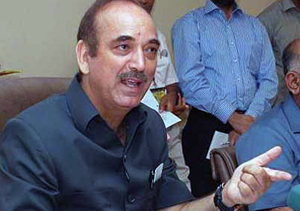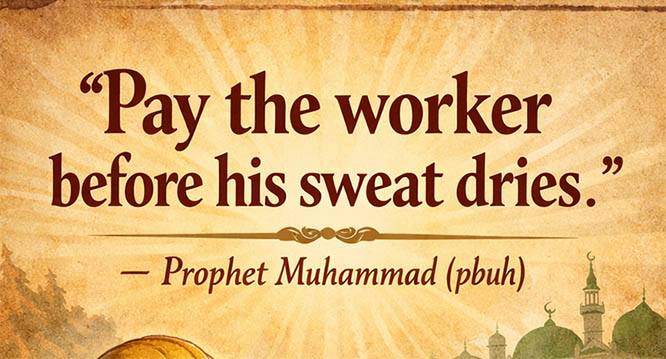New Delhi, March 12: Congress leader Ghulam Nabi Azad today kicked a row after he sought to draw a parallel between RSS and terrorist outfit ISIS, evoking sharp responses from the Hindutva outfit and BJP, which demanded an apology from him.

"So, we oppose organisations like ISIS, the way we oppose RSS. If those among us in Islam too do wrong things, they are no way less than RSS," the Leader of Opposition in the Rajya Sabha said at a event organised by Jamiat Ulama-i-Hind.
Hitting back, a RSS spokesperson in Nagaur, where a crucial meeting of the organisation's functionaries is on, said such a comparison showed "intellectual bankruptcy" of Congress and its "unwillingness to deal with fundamentalist and cruel forces like ISIS".
RSS will consider legal action against Azad, he said. BJP too jumped to the defence of its ideological mentor, calling it a nationalist organisation and demanding an apology from Azad.
The party said it was "unfortunate" that Azad had made such comments and asked Congress chief Sonia Gandhi to disassociate from his remarks and take action against him if he does not withdraw them.
"RSS is a nationalist organisation. It is very unfortunate that he has said so. It shows his mental bankruptcy. He must apologise or Gandhi should take action against him," party National Secretary Shrikant Sharma said.
He said a number of Congress leaders, including Jawahar Lal Nehru and Rajiv Gandhi, had tried to repress the organisation but it has only emerged "stronger".
BJP also termed as "politically motivated" Gandhi's written message to the same event that the country was passing through a "critical phase" as those in power are "spreading hatred" by targeting secularism.
"She is speaking against what her party has always practiced. Congress divided nation along caste, religion and regional lines. She should not be preaching BJP," Sharma said, accusing the party of "supporting" anti-national elements for political reasons, a reference to the JNU row.







Comments
WELL SAID GULAM AZAD....
ISIS IS FROM ISRAEL INTELLIGENCE AGENT TO DESTROY ISLAM FROM THIS WORLD AND RSS IS THE CHADDIS GROUP TO THE SAME IN INDIA TO DESTROY ISLAM FROM INDIA.....
DAY DREAMING GROUPS....
RSS can not be nationalist, as long as they hug and obedient to CONSTITUTION.
They are Hindutva policy group. Even majority of Hinduism oppose them.
This was a banned group during Indira Gandhi.
Any way the way how they oppose other religions, it works in the favor of other religions.
Add new comment